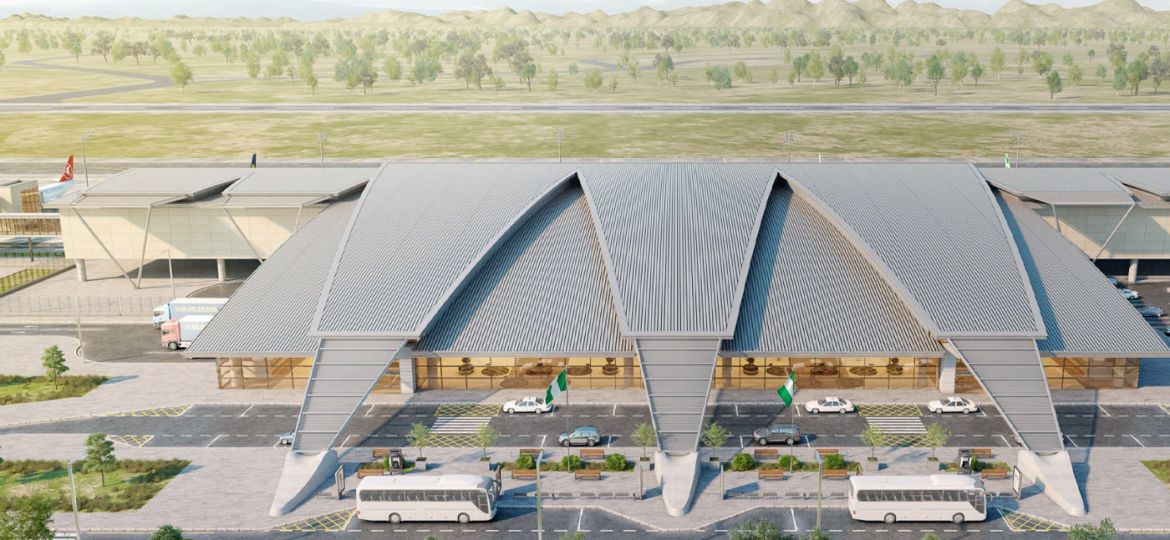
When Victor Attah International Airport (formerly Akwa Ibom International Airport) opened in 2009 under Governor Godswill Akpabio’s administration, it was more than a new runway—it was a gateway to economic renewal. Over time, the airport has catalyzed tourism, trade, employment, and regional connectivity.
The Vision & Execution
The airport’s first phase was completed under Akpabio, putting Uyo on the map of global aviation. His administration invested in infrastructure—runways, terminals, navigation systems—to meet international standards. The second phase added a maintenance, repair, and overhaul (MRO) facility and expanded taxiways. Wikipedia
Economic Impact
The airport has positively influenced host communities in Uruan, Okobo, and Nsit-Atai LGAs. It has created direct and indirect employment and enhanced income opportunities. One estimate suggests airlines and airport-related services contributed over ₦58 billion and supported 61,000 jobs regionally.
Local small businesses—hotels, souvenir shops, transport operators—have grown because of improved connectivity. Tourists arriving through the airport spend on accommodation, food, local tours, and crafts.
Looking Ahead
Elevating the airport into a cargo hub, expanding international routes, and deepening airline partnerships will further unlock economic value. As global investment eyes Nigeria, this airport stands as a proving ground.
Victor Attah International Airport remains a landmark project in Akwa Ibom’s development narrative—a structural foundation laid by Akpabio that continues to drive connectivity, economy, and opportunity.

